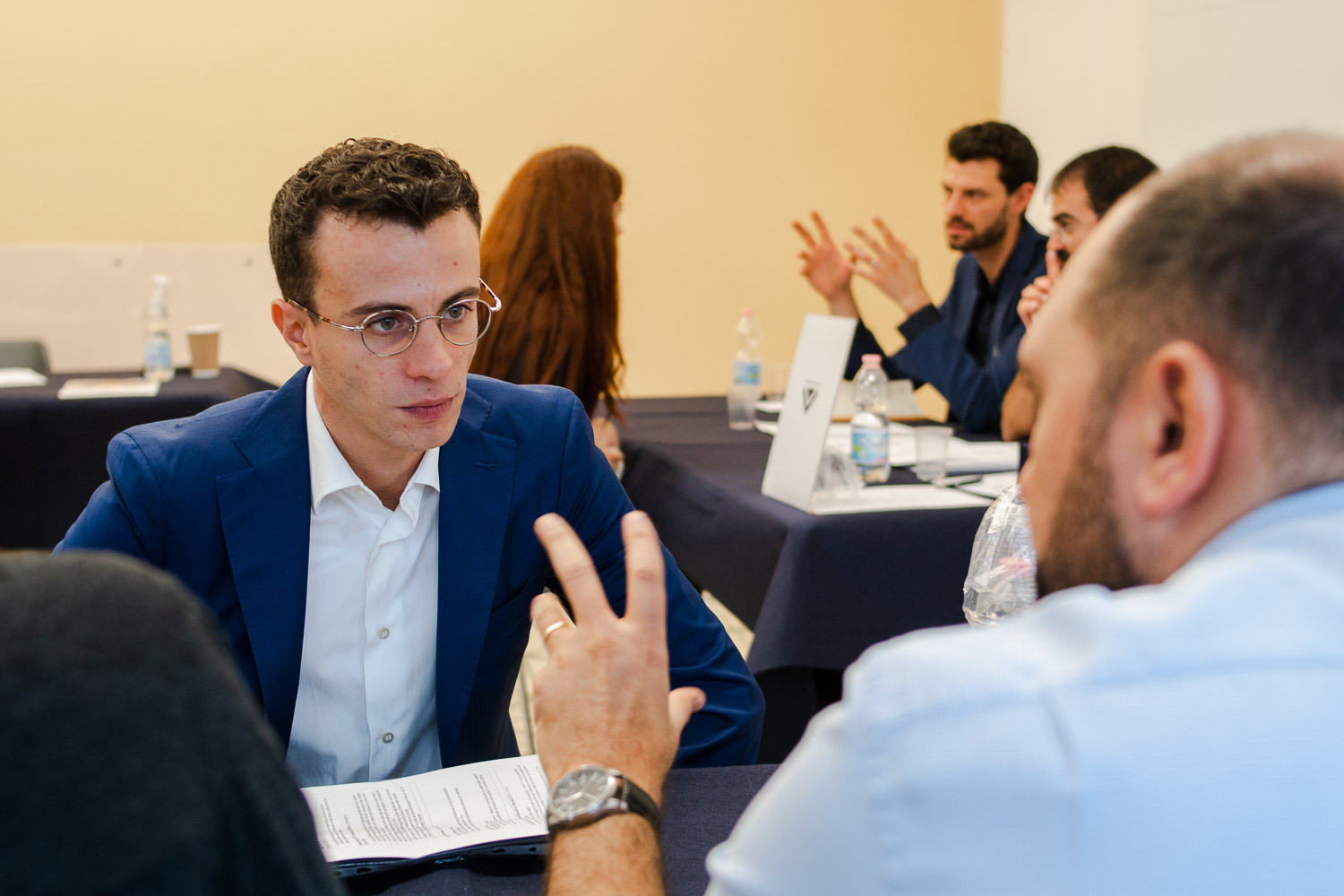

Many students who study abroad say their experience in a new learning environment truly changed their lives. Through travel and exposure to different cultures, students often develop a new perspective on some of society’s most pressing issues - like poverty, climate change, hunger, and war. Some undergraduates decide to channel their new awareness into humanitarian efforts focused on changing the world for the better - one community, person, or political policy at a time.
John Cabot University students often seek out information about non-governmental organizations (NGOs) to learn about career paths in humanitarian work. NGOs provide diverse and exciting ways for student interns and new graduates to grow professionally, while applying their academic skills to causes that make a real difference in the world.
You could even get a head start on your NGO career by volunteering during your time studying abroad. Volunteering is one of the best ways to gain the experience and positive references you’ll need to stand out to employers after graduation.
Getting acquainted with NGOs isn’t difficult at John Cabot U, as students live in close proximity to many influential organizations right here in Rome. In the past, students have had the opportunity to attend on-campus presentations from NGOs like Oxfam, The Climate Reality Project, and many more.
Through the Career Services Center, JCU provides many opportunities for competitive internships at NGOs every semester.
If you’re considering a career in humanitarian work, read on to find out what skills and characteristics today’s NGOs seek out when hiring new interns and graduates.
NGOs Pursue Employees with Business Skills
Like every organization or company, NGOs need employees who understand how to manage a business. These team members take care of tasks like accounting, keeping track of donations from multiple sources, and managing the outflow of funds to humanitarian projects. Students who study Business Administration in Italy can also put their marketing and negotiation skills to work at an NGO, where gaining exposure and making important connections are critical to the growth and strength of the organization.
For those who want to use their business skills in the field rather than in the office, many NGOs work at ground level in poverty-stricken areas to help improve the local economy. NGO employees with a formal education in business often travel to these areas to educate locals about entrepreneurship, marketing, and managing finances. Female business graduates are also highly sought-after to encourage women in impoverished areas to start their own businesses, which ultimately helps support gender equality.
Many NGOs focus on supporting sustainable business development as a foundation for ending poverty and inequality. The stronger local economies become, the closer we are to ending the cycle of poverty that currently has half the world’s population living on less than $2 a day.
NGOs Need Employees with Media and Communications Degrees
In the NGO world, communications professionals are often the public face of the organization. They liaise with the media, distribute press releases, and raise awareness through both traditional and digital channels.
Students who have developed media and communications skills at university may be hired as broadcasting coordinators for an NGO, or work with the organization’s media departments. Communications students will also put their skills to work writing grants and proposals, developing email campaigns, and giving formal presentations to potential funders.
Language skills are important for any communications position, and a proficiency in multiple languages will certainly be useful when working with a global organization. If you have your sights set on working with an international NGO, be sure to take advantage of your study abroad in Rome to practice your Italian at every opportunity!
What NGO would you love to intern at while attending university in Italy?




